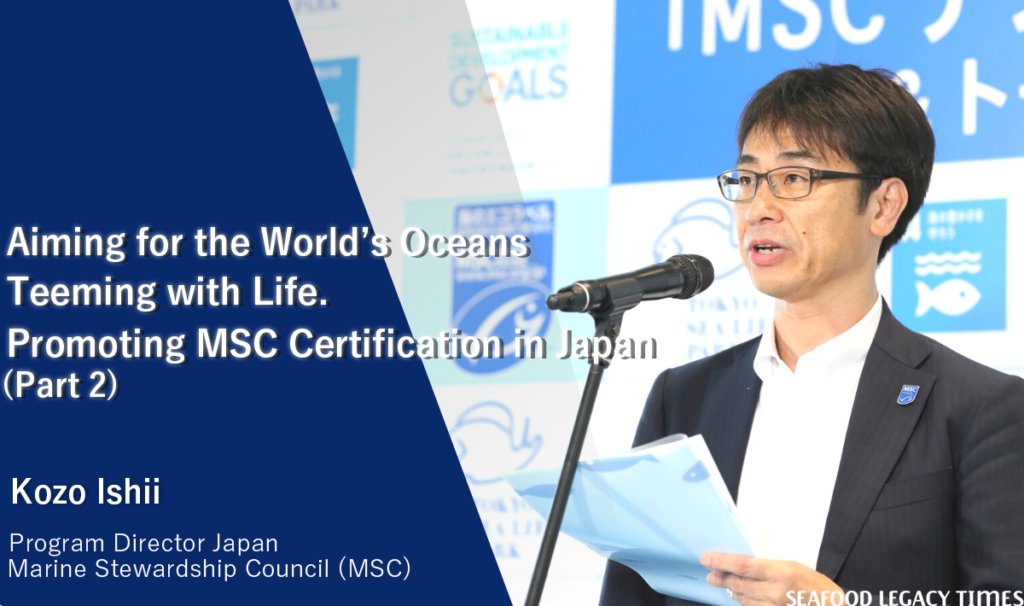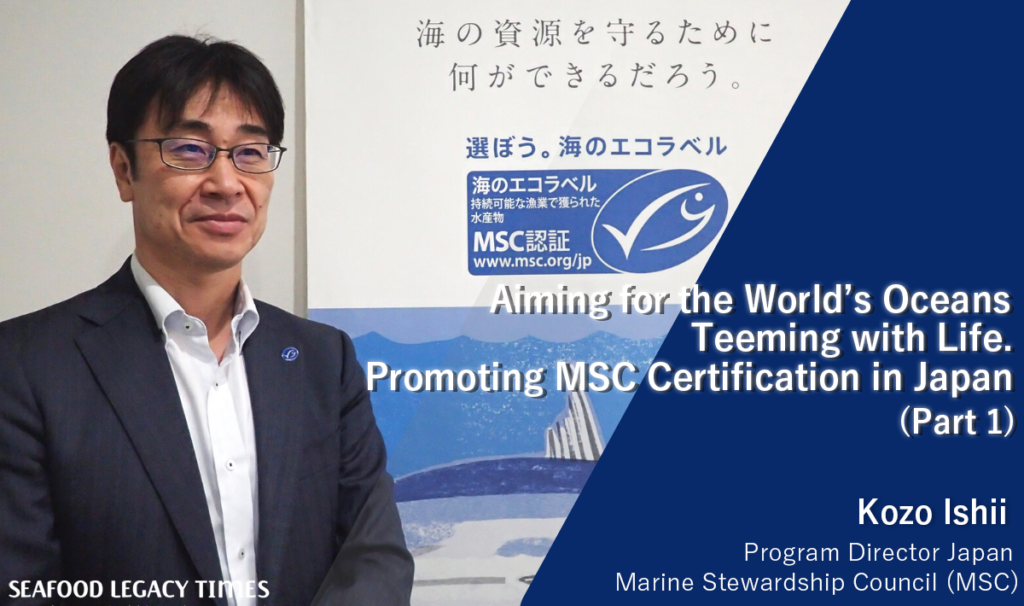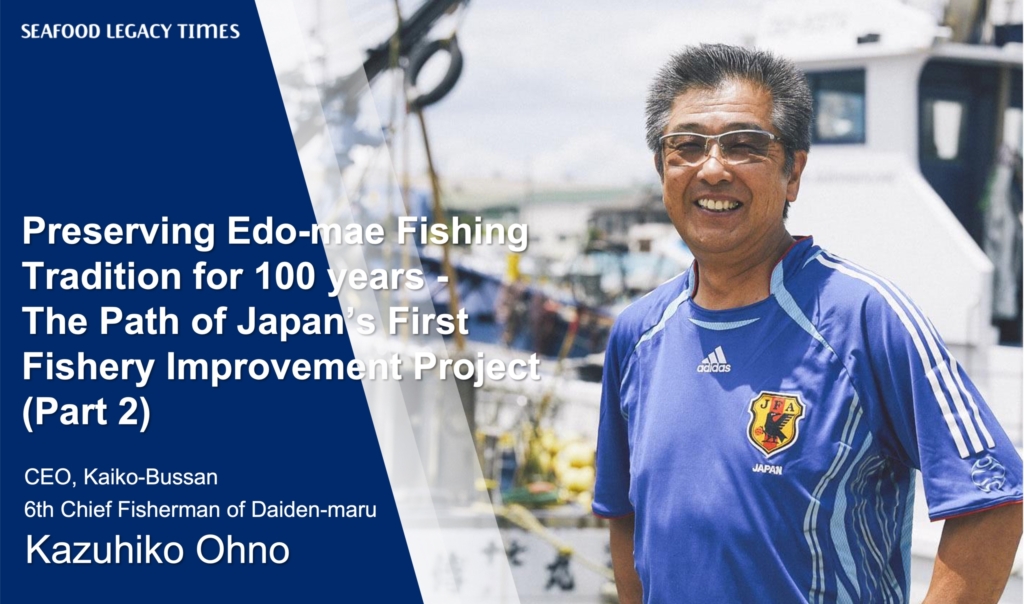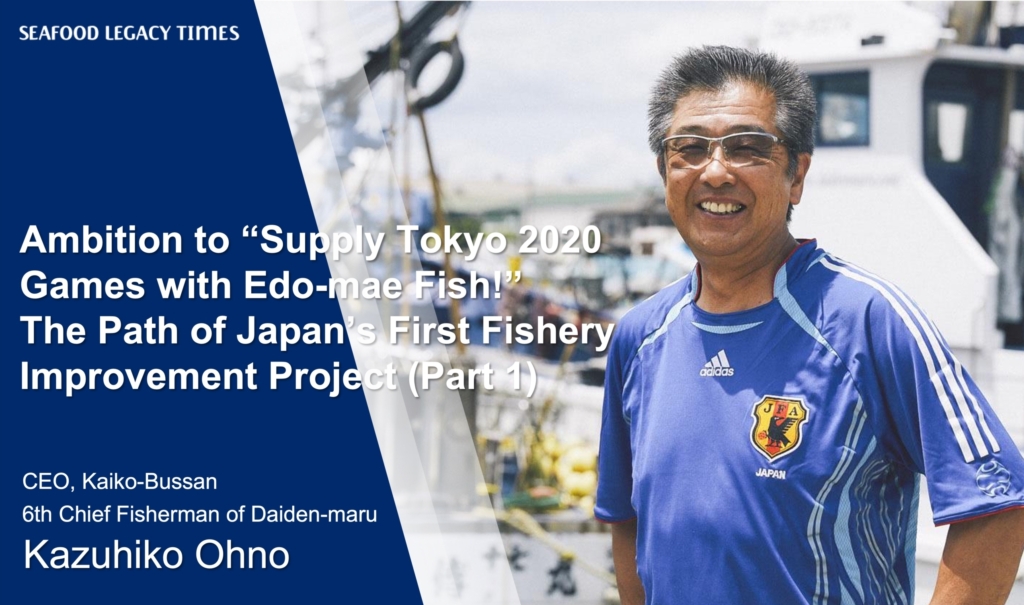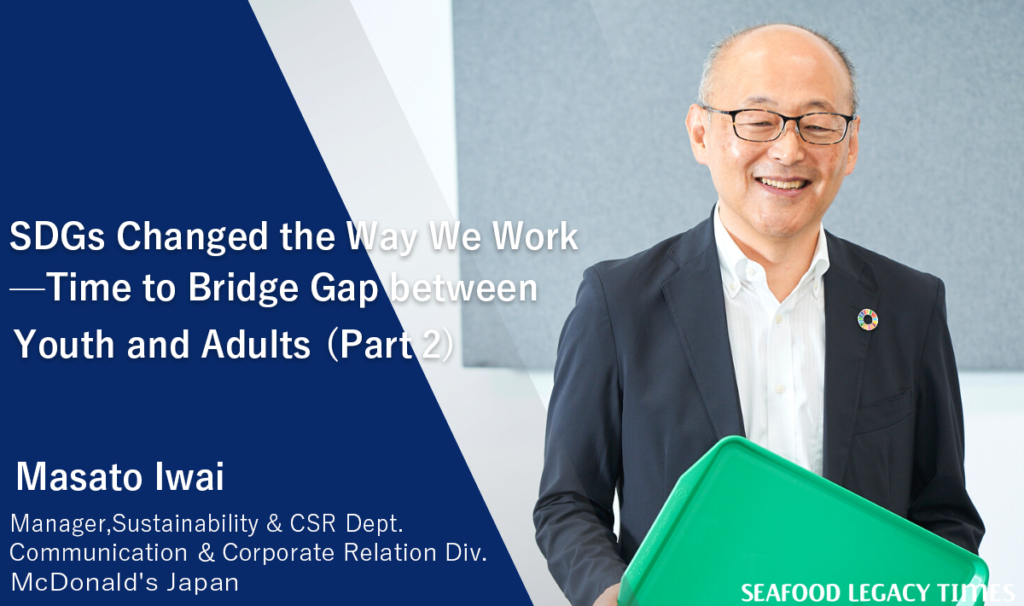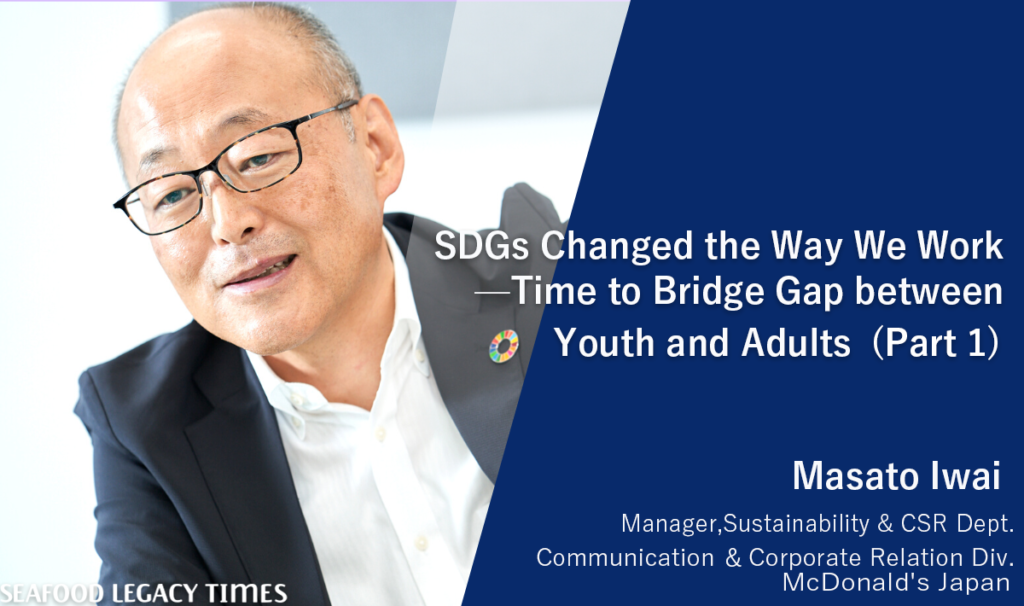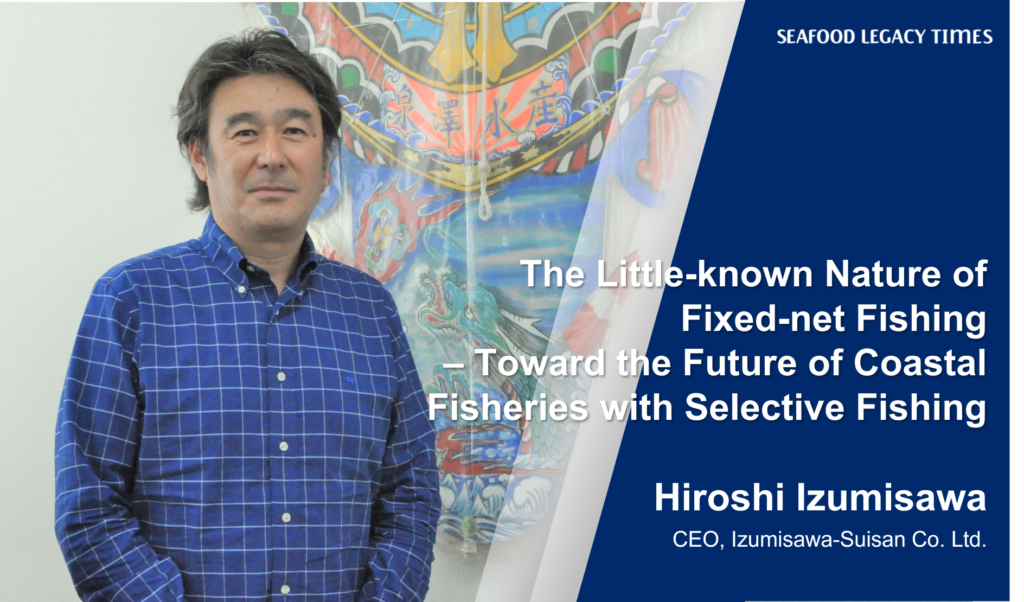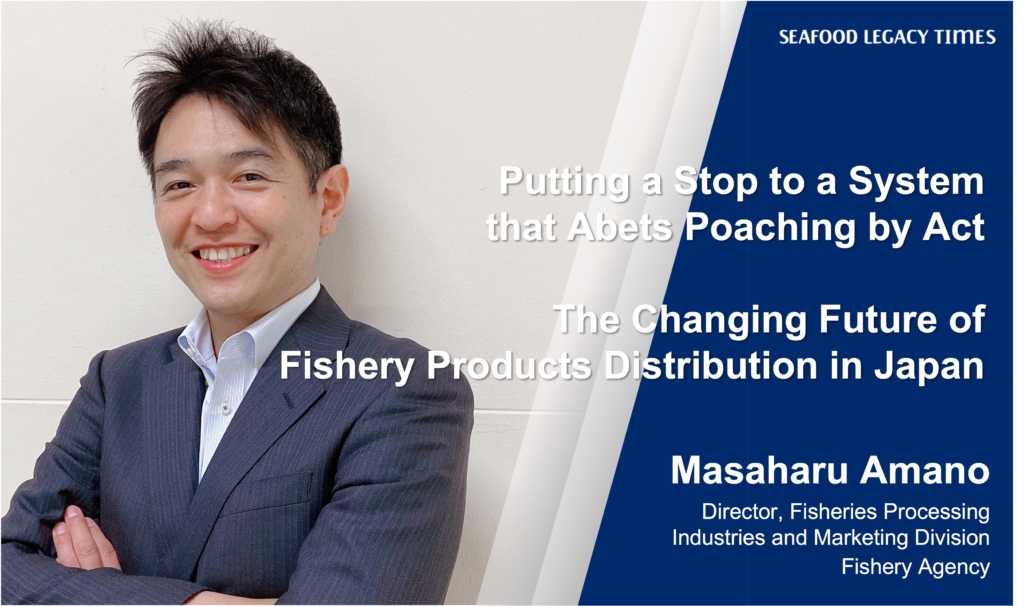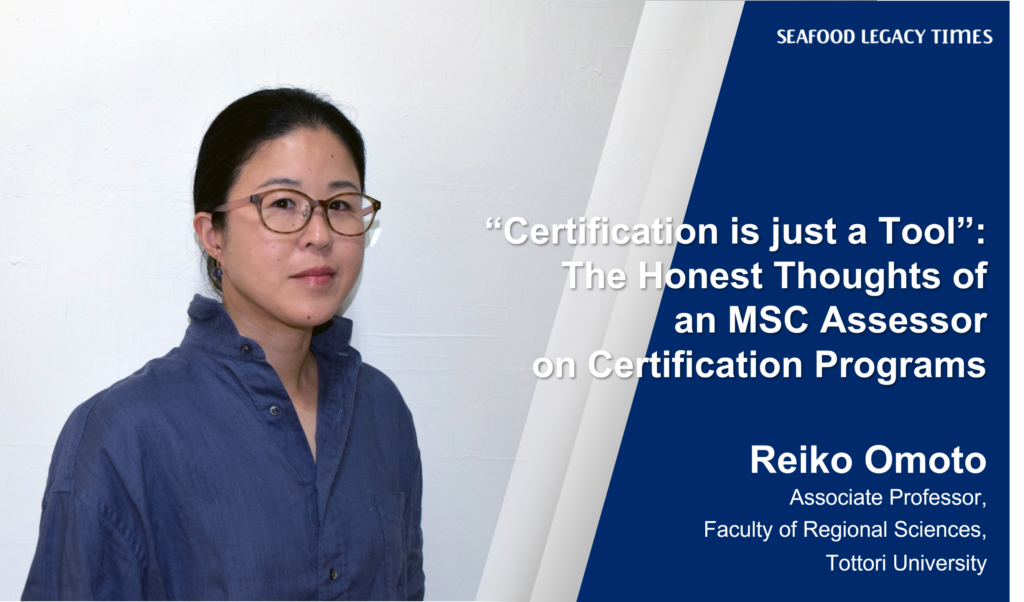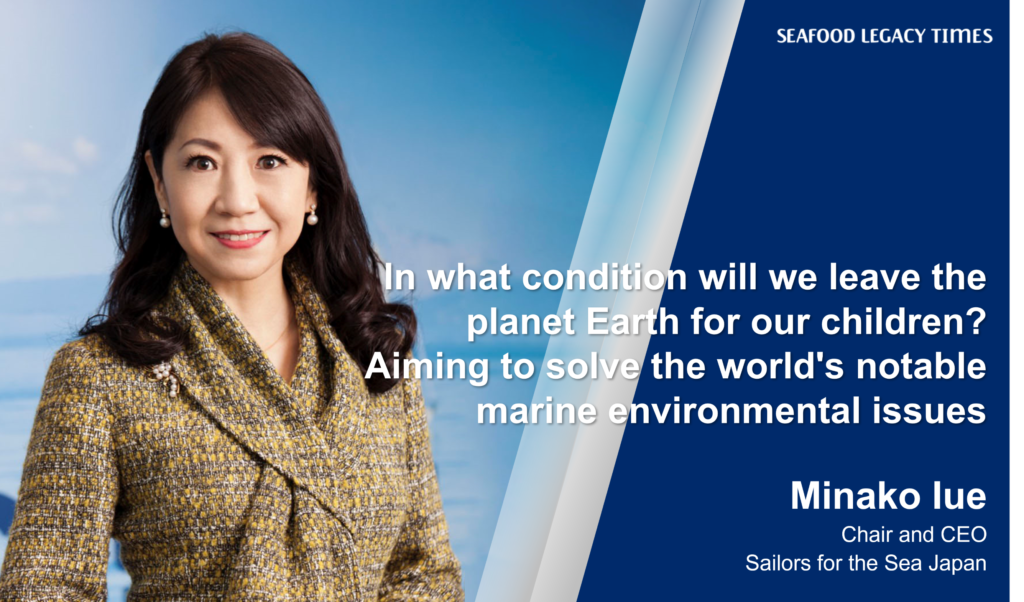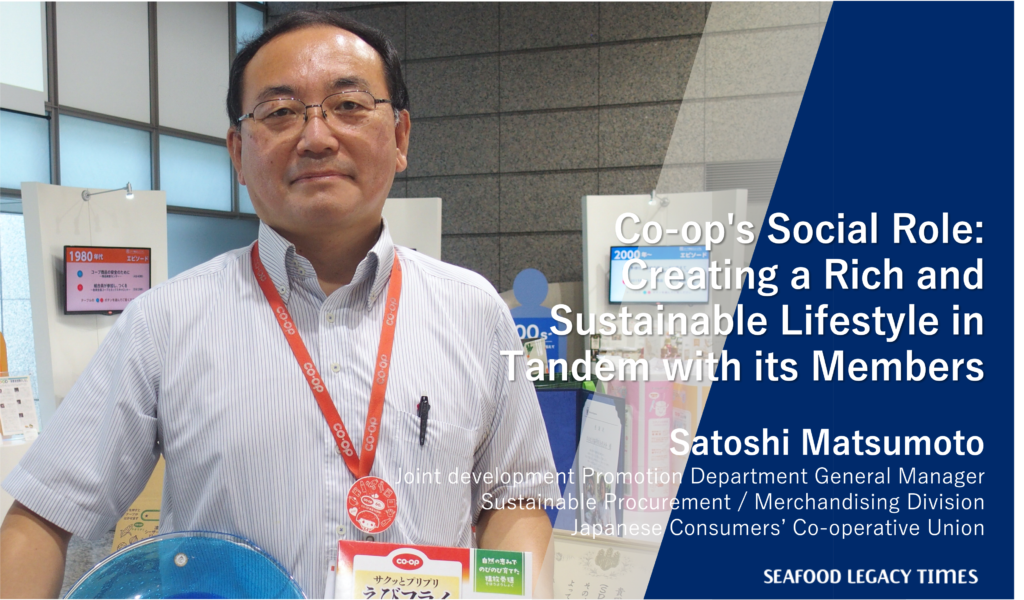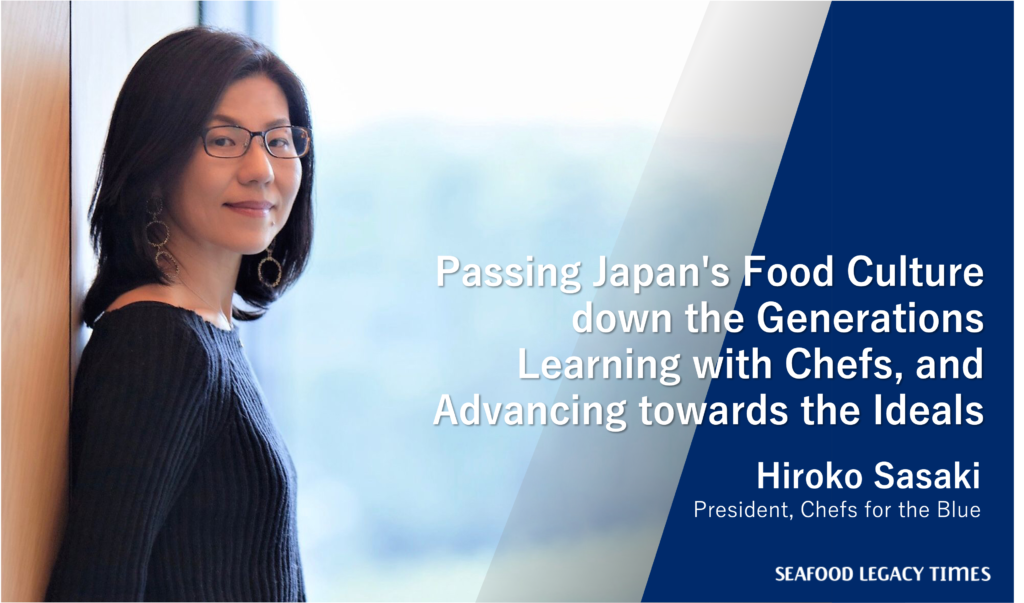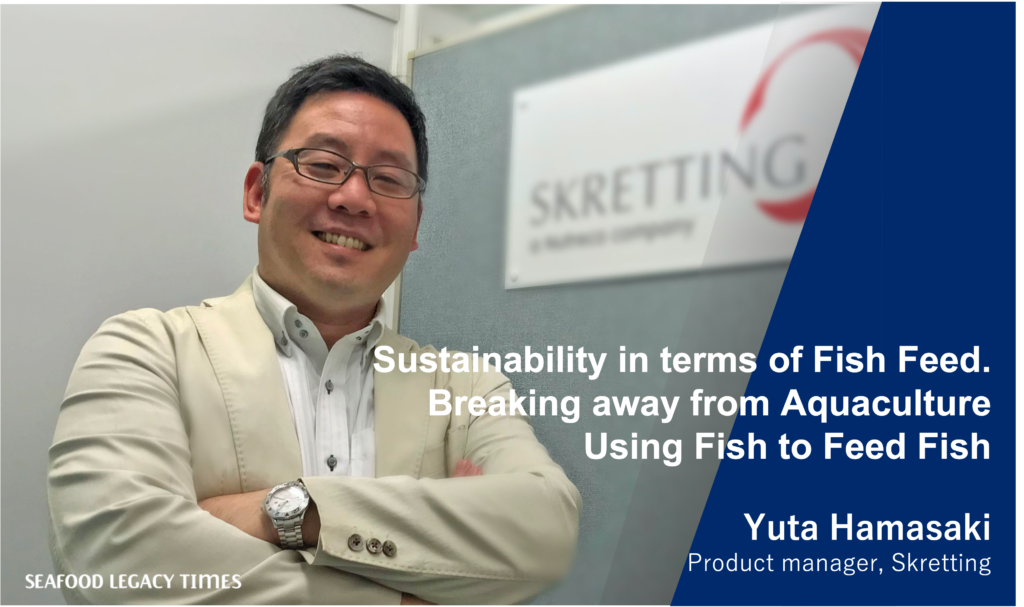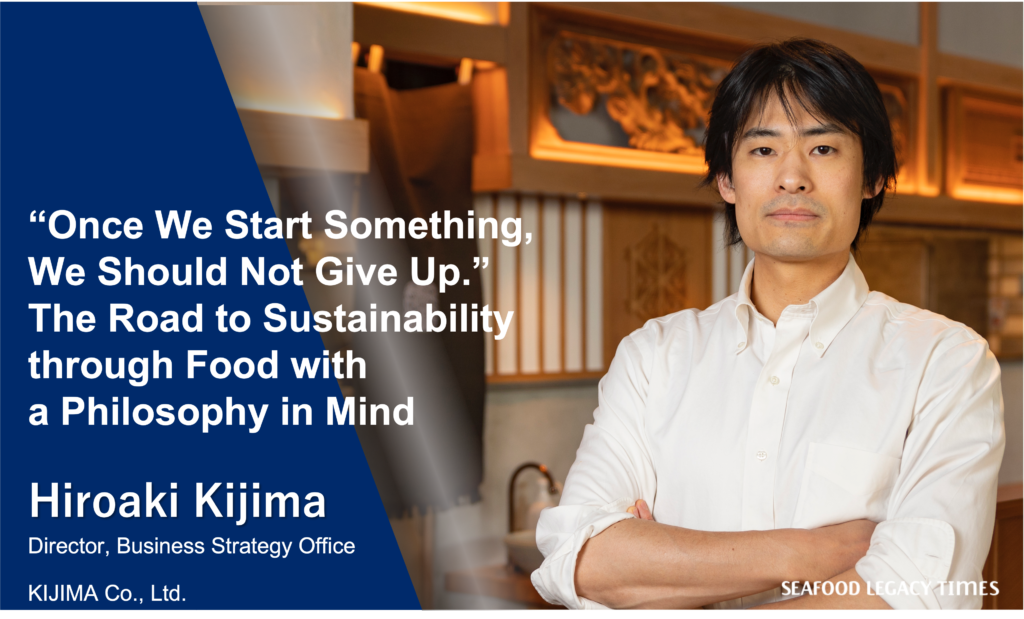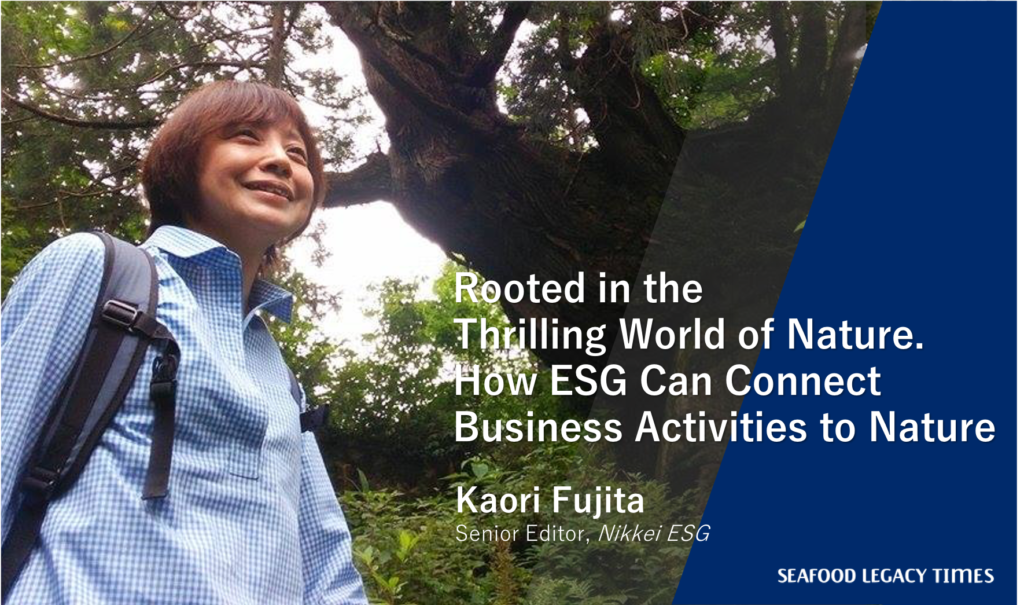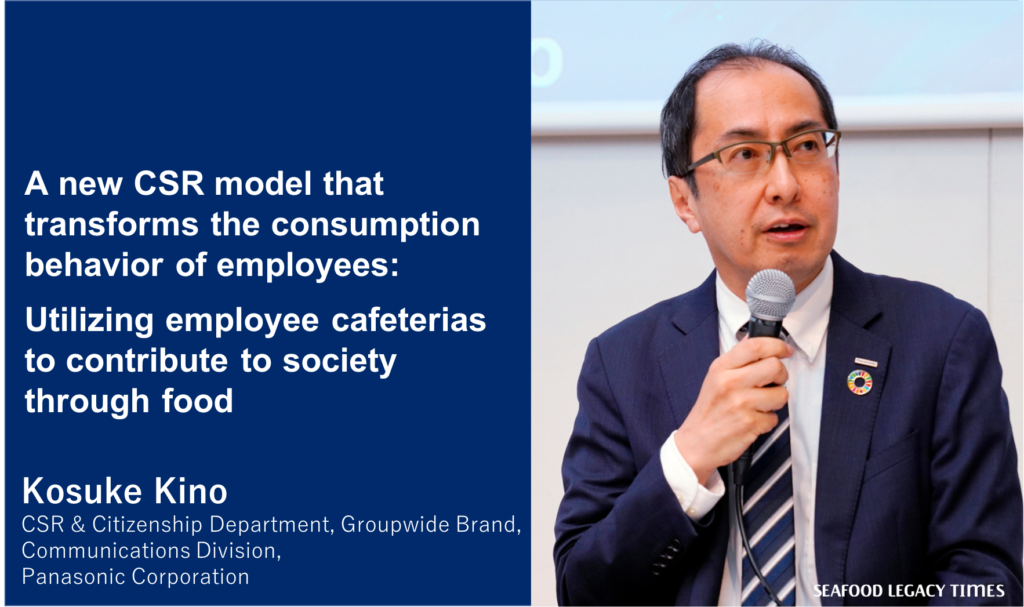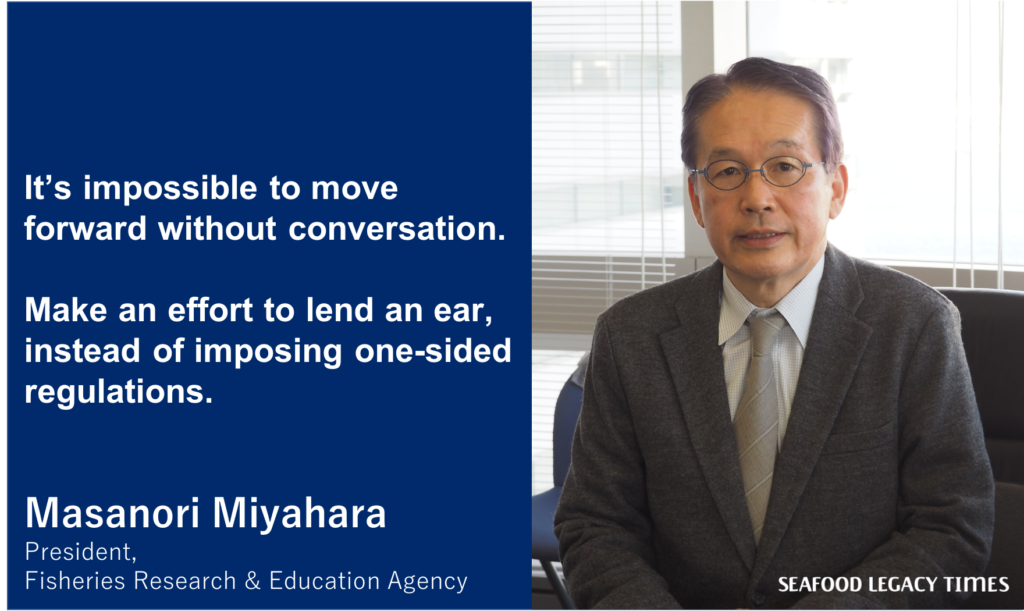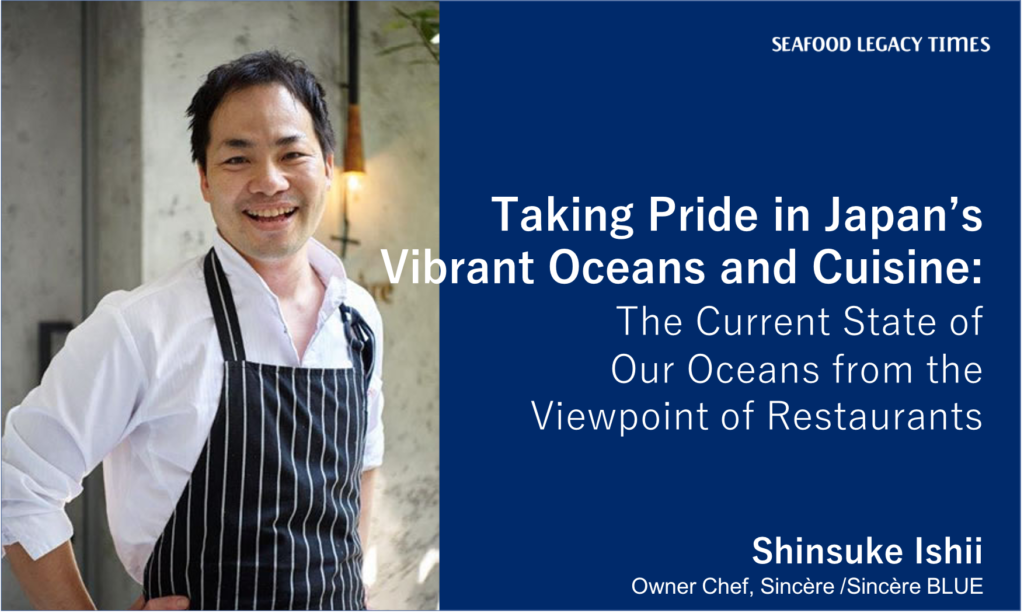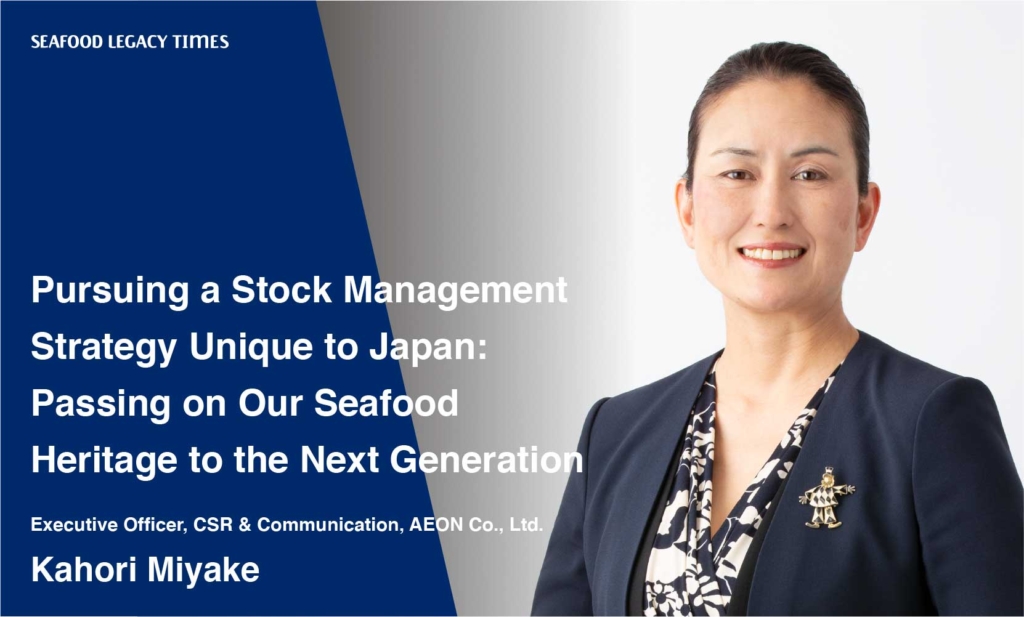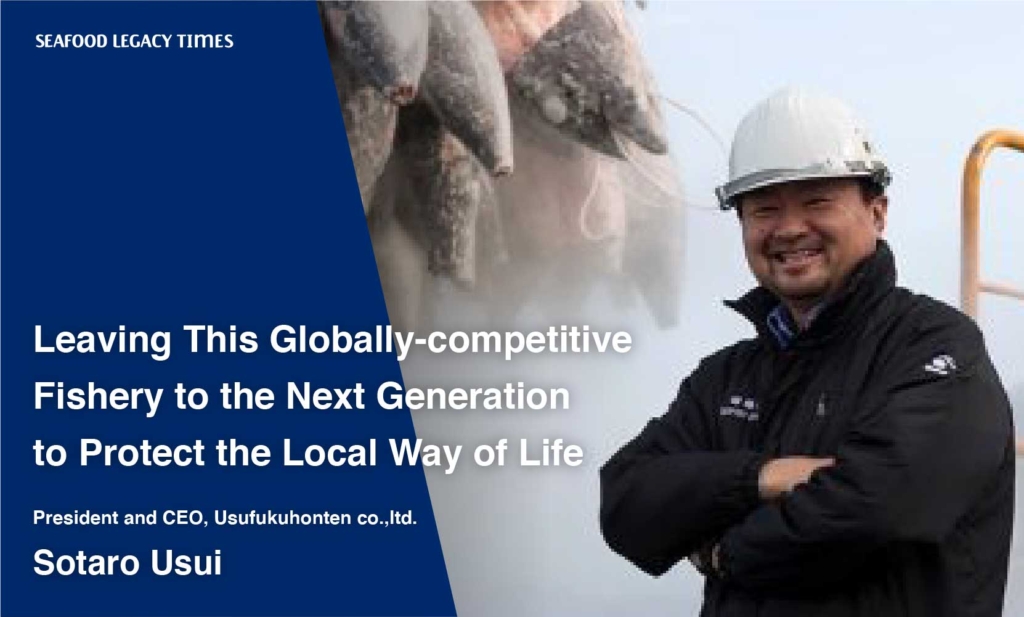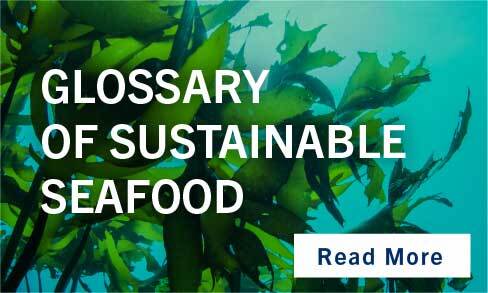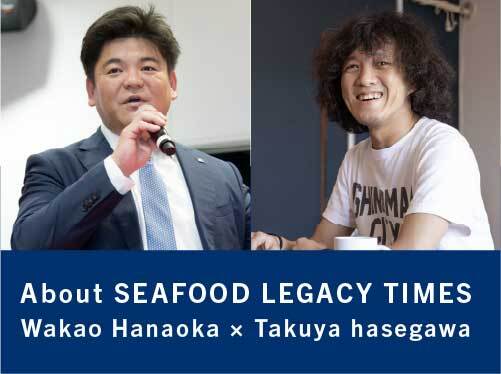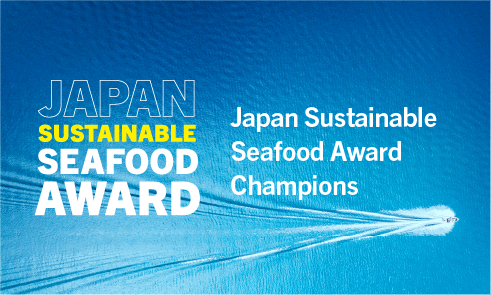

Launched in 2011 in France with the aim of conserving marine resources, the Olivier Roellinger Contest was held for the first time in Japan on December 3rd, 2022, in Muroran, Hokkaido. Mr. Olivier Roellinger, one of the world’s top chefs, traveled to Japan from France to take part in the opening ceremony of the event. We spoke with him, a veritable activist fighting for ocean conservation, about his thoughts on the competition, current food-related trends in France, and other topics.
OLIVIER ROELLINGER
Born in 1955 in Cancale, a small seaside town in the Brittany region of France, Olivier Roellinger decided to pursue a career in the culinary arts and became a self-taught chef at the age of 24. In 1982, he opened his restaurant Le Bricourt in Cancale, which was awarded three Michelin stars in 2006. In addition to his career as a world-renowned chef, his restaurant became a member of Relais & Châteaux in 1989, an international not-for-profit association comprising 580 independent hotels and restaurants where he served as Vice President from 2014 to 2022. He played a pioneering role as one of the first to advocate the importance of sustainable seafood and sustainability in general, and he has had a powerful impact on the restaurant industry at large.
――How did you find Concours Olivier Roellinger this time around?
I am delighted that it has turned out to be such a wonderful and fruitful competition.
The students who participated in the competition this time had a very high level of awareness and a good grasp of the various issues surrounding seafood. They also demonstrated a strong sense of urgency in tackling these problems. Besides learning about the problems in the fishing industry from their teachers, it seems that the students have also taken up the initiative to study and learn more about these problems on their own. This competition has been held in many different countries around the world, but I rarely encounter students who are as well-informed about the problems in the fishing industry and as motivated to act as these students, so I was really surprised and impressed by them.
Moreover, the students also managed to select and prepare ingredients according to professional standards and using professional methods. Young people with limited culinary experience tend to select ingredients and seasonings in a manner that mimics existing recipes, but these students carefully chose their ingredients and created highly original dishes while taking into account the challenges surrounding our oceans.
I believe that the competition has been a fruitful experience for the students as well. A student who participated in the competition said that even though he was aware of the problems surrounding fisheries, he had no idea how to tackle them. His sentiments were perhaps shared by all the students who took part in the competition.
Nevertheless, participating in such competitions, cooking, and learning can be regarded as taking the first step toward solving these problems. I believe the students have realized that this is exactly the kind of opportunity that will bring them closer to actually solving the problems.
 Mr. Olivier Roellinger
Mr. Olivier Roellinger
――How does learning about the issues surrounding seafood bring us closer to solving them?
Students who have learned about the issues surrounding seafood will be able to put the knowledge they have acquired to good use once they enter the workforce and start working at restaurants, etc. For example, when selecting seafood for a dish, such individuals will be attuned to whether the fish has grown to the stipulated size, whether it is an endangered species, and so on.
It is also important for these individuals to proactively share their perspectives and knowledge with their colleagues working in the same restaurant. By telling others that a certain species of fish are endangered and should be avoided, they can share the issues surrounding seafood with those around them and allow the entire restaurant to eventually adopt a sustainability-oriented stance. Chefs, in particular, have a responsibility to do that.
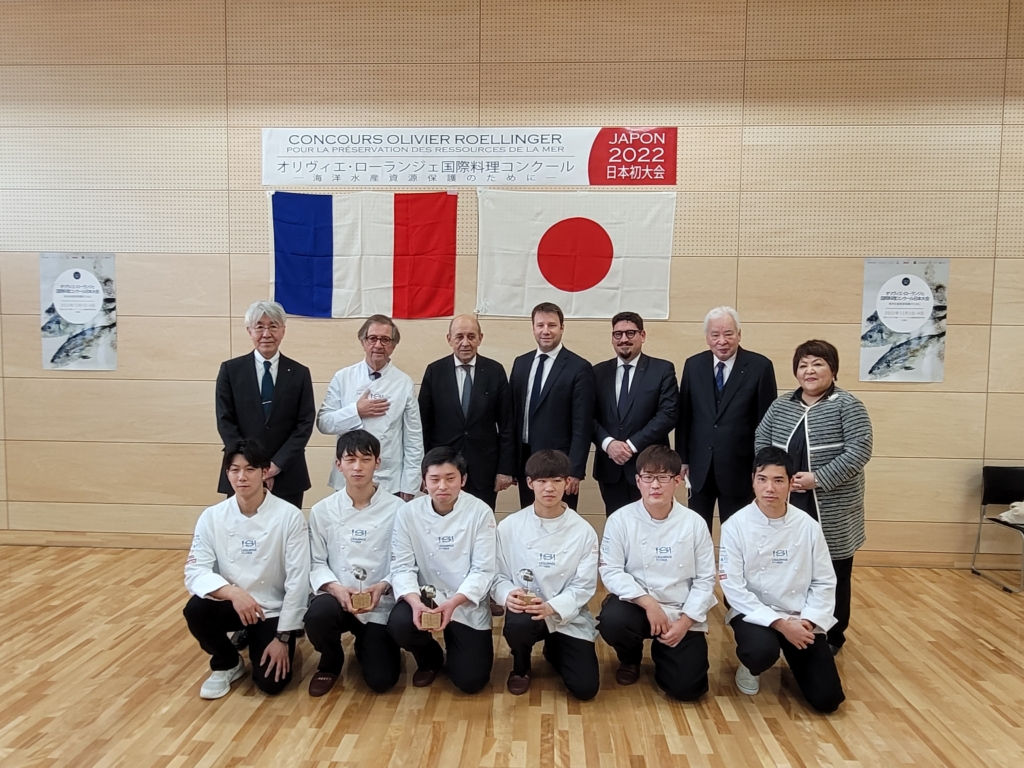 A commemorative photo with the prize recipients of the Olivier Roellinger Contest held in December 2022
A commemorative photo with the prize recipients of the Olivier Roellinger Contest held in December 2022
――Chefs who are well acquainted with these issues and take action to address them are indeed an important part of making fisheries and the food industry, as a whole, more robust.
Yes. There are many things that chefs can do to achieve this.
One issue in the fishing industry is that of bycatch, or the catching of fish that are not the target species. Fish that have been unintentionally caught are often disposed of without ever being consumed. Yet, even fish that are usually not consumed can be elevated into high-quality dishes. If chefs can prepare such fish and present them to consumers as a new culinary experience, these fish that were once worthless will be accorded new value, which will in turn raise the income of those working at fisheries, even if it is only by a small amount.
Moreover, using fish instead of disposing of them is also a way of conserving marine resources.
For instance, a student who created a dish using the whitespotted conger won this year’s Olivier Roellinger Contest. The whitespotted conger is an eel with many small bones and is considered a difficult ingredient to work with, but the student was able to utilize the entire eel. He also gave a presentation on making good dashi broth using the whitespotted conger, as well as its delicious flavors, components, and nutritional benefits, thus effectively conveying the appeal of this ingredient.
 A dish featuring the whitespotted conger as its main ingredient prepared by Taiga Chiba, winner of the Olivier Roellinger Contest
A dish featuring the whitespotted conger as its main ingredient prepared by Taiga Chiba, winner of the Olivier Roellinger Contest
One of the responsibilities of a chef is to uncover new ingredients and incorporate them in their dishes. I hope to see not only young chefs but also top chefs learn more about the problems in the fishing industry and actively incorporate the use of fish that has not been utilized. The impact that top chefs can make is immeasurable, and their participation is essential to solving these problems.
――We would like to hear your thoughts on current food-related trends in France. French consumers seem to be leaning toward restaurants that not only serve high-quality food but are also environmentally conscious.
It has now become standard practice for consumers to opt for restaurants that are environmentally conscious and those that utilize ingredients that have been obtained through sustainable fishing and agricultural practices.
As many people know, Europe’s fishing industry is notorious for having low-wage workers, long hours of labor, and overfishing.
There is no way for consumers who are aware of that to blissfully consume fish caught under such conditions. Selecting sustainability-oriented restaurants is an ethical choice that goes far beyond dimensions such as prevailing trends. It has become impossible for a restaurant in France to survive unless it is environmentally conscious and incorporates the use of ingredients that have been obtained in the proper way.
Incidentally, there has recently been a major shift in the way in which consumers perceive the use of ingredients not only in cooking but also in wine production.
These days, organic wines produced by emerging wineries are often more sought after by consumers than those produced by well-known, traditional wineries. Natural wine (low intervention wine) is produced from organically- or biodynamically- cultivated grapes and contains lower concentrations of sulfites and other additives than regular wine.
It is therefore said to be better for the body and unlikely to induce headaches the following day even after heavy consumption. Although young people in France had been turning away from wine, the sale of natural wine and its popularity among young people has resulted in the wine industry being on the rise once again.
Particularly among young people, there is a growing trend of selecting products that are responsibly produced regarding labor conditions, the environment, and health. As a result, the nature of the industry itself has undergone dramatic changes.
――Sustainability in the context of food seems to be a rather prevalent concern in French society today. What do you think are some reasons behind this?
As a result of the widespread use of the Internet and social media, many people have become aware of the current state of fisheries and farms as well as the issues in these industries. After equipping themselves with this knowledge and reflecting on it, most of them seem to have chosen to take the right path by allying themselves with nature once again.
Also, eating has always been a pleasure and joy of being alive. Food prepared from sustainable ingredients is what gives us true pleasure and joy. In this regard, it seems quite natural to me that more and more people are opting for products that are responsibly produced regarding labor conditions, the environment, and health.
Original Japanese text by: Keiko Ogata




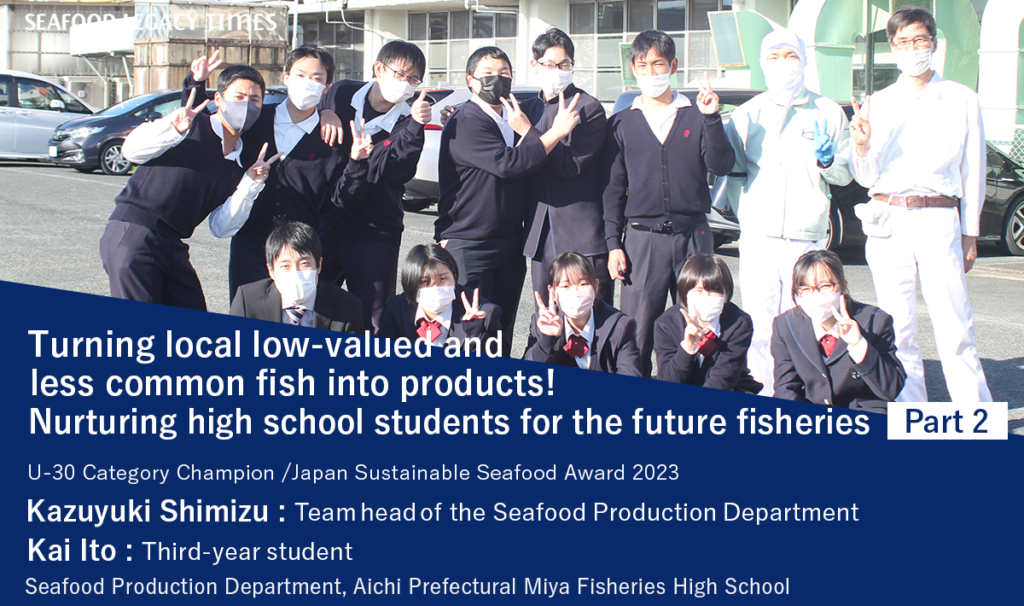
-1024x606.png)


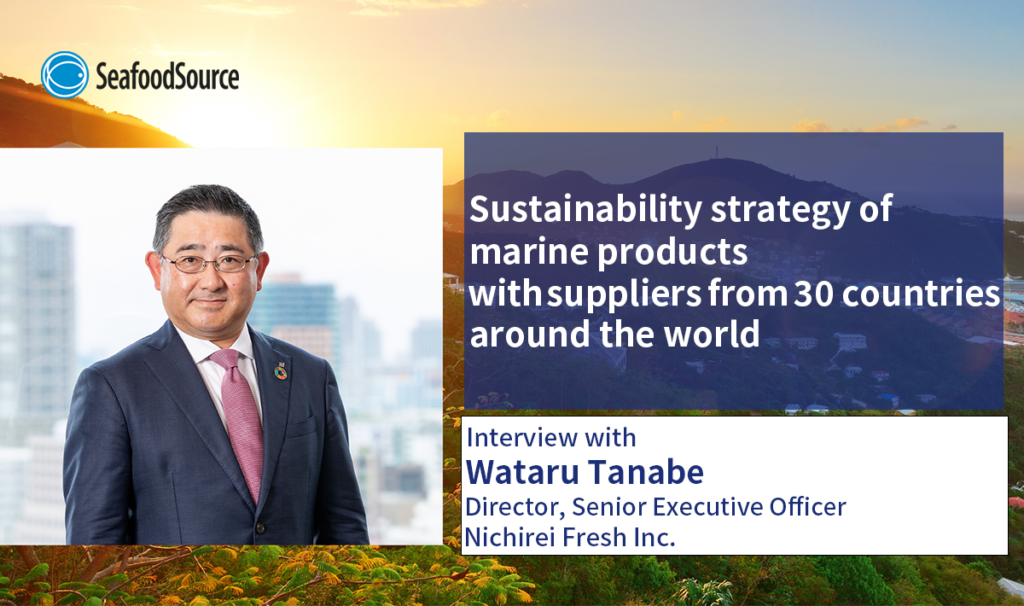
_-1024x606.png)

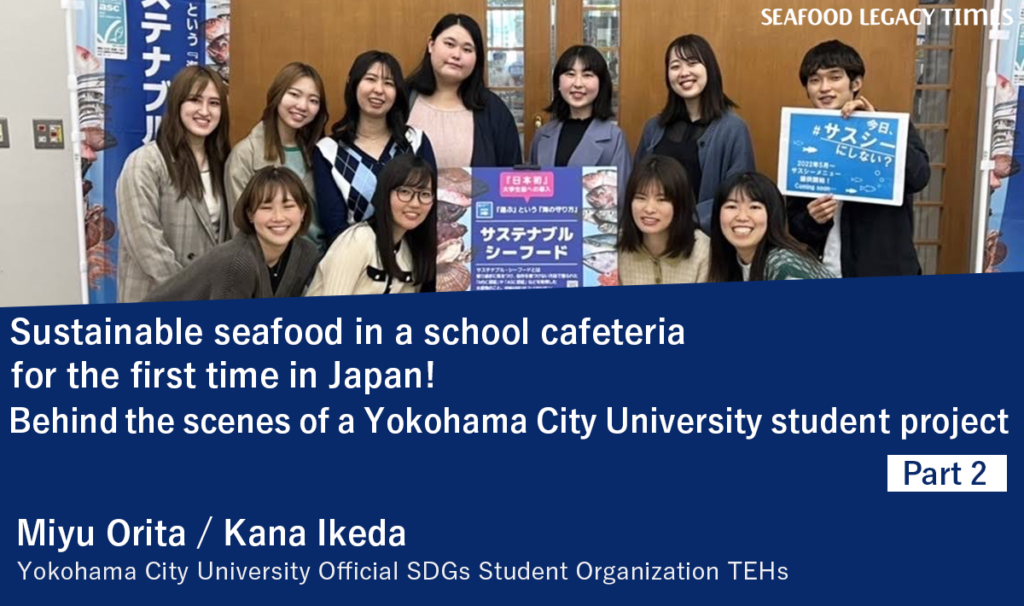
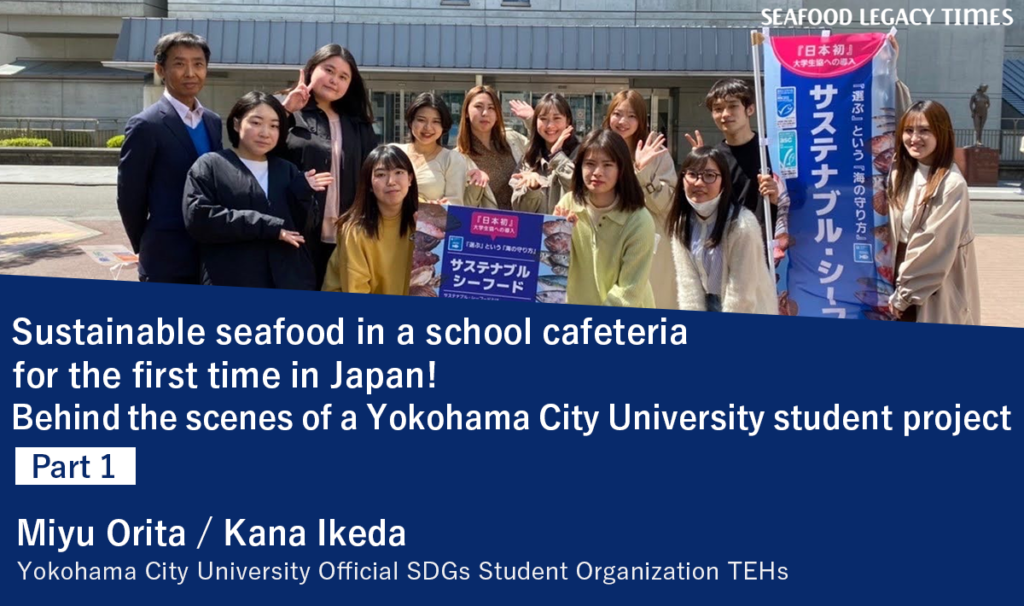



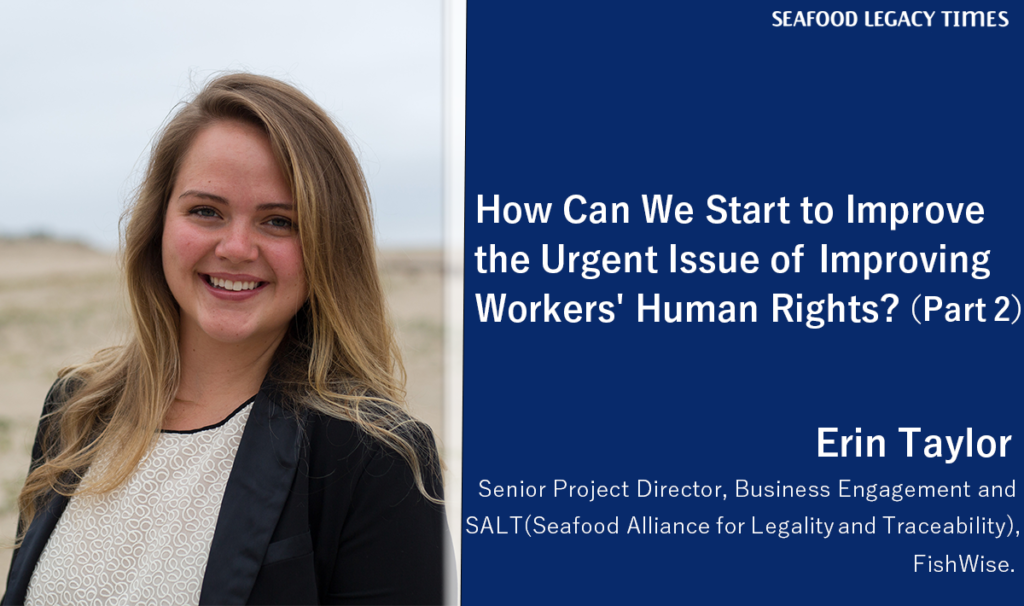
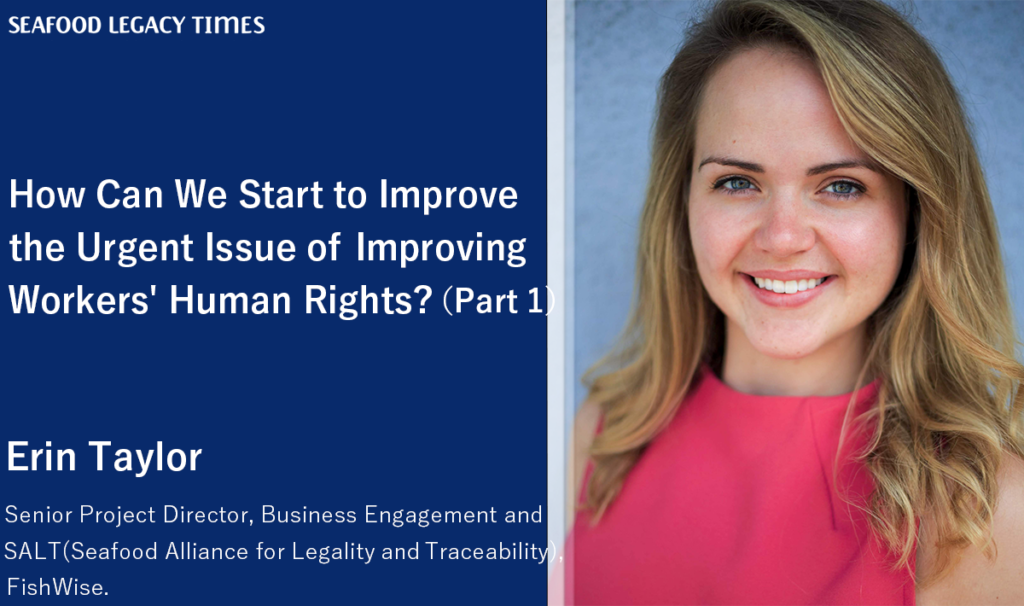
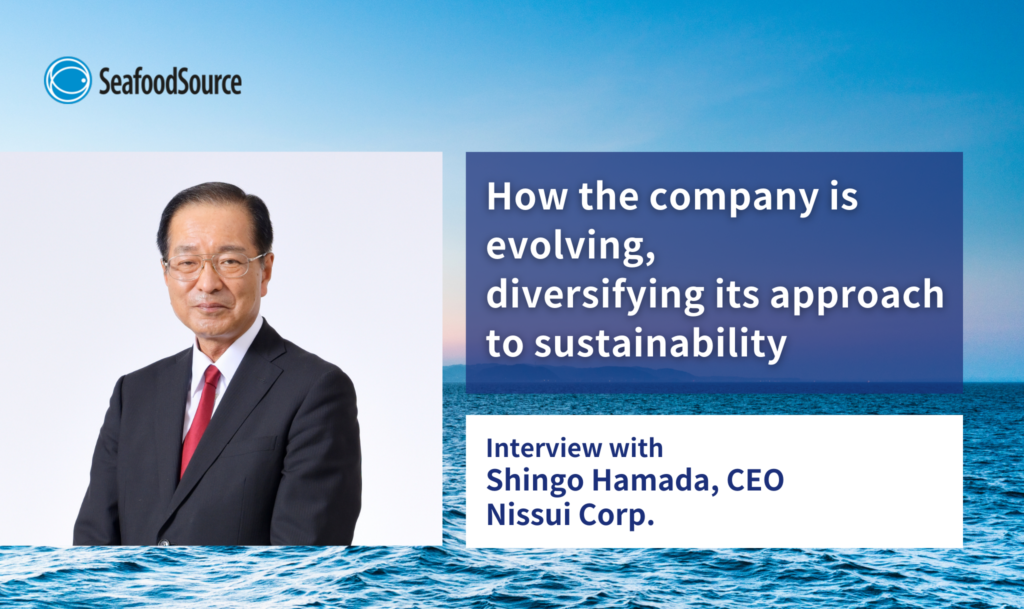




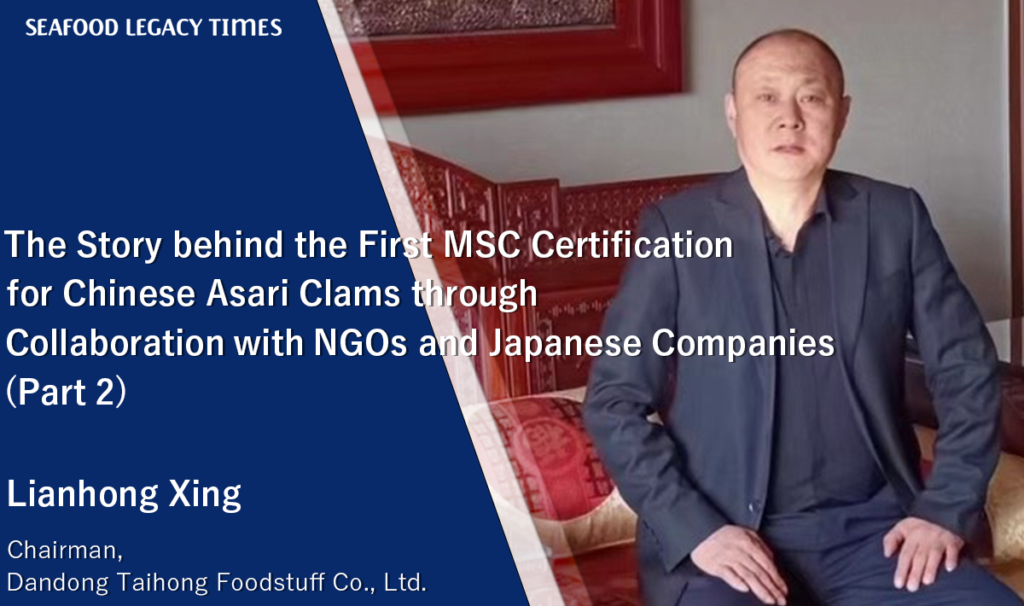
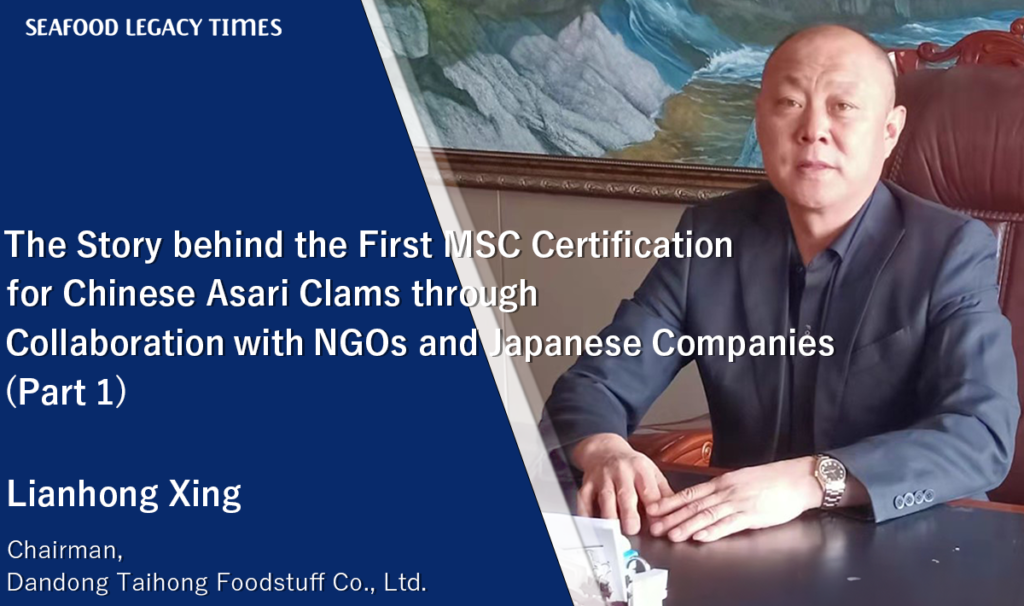

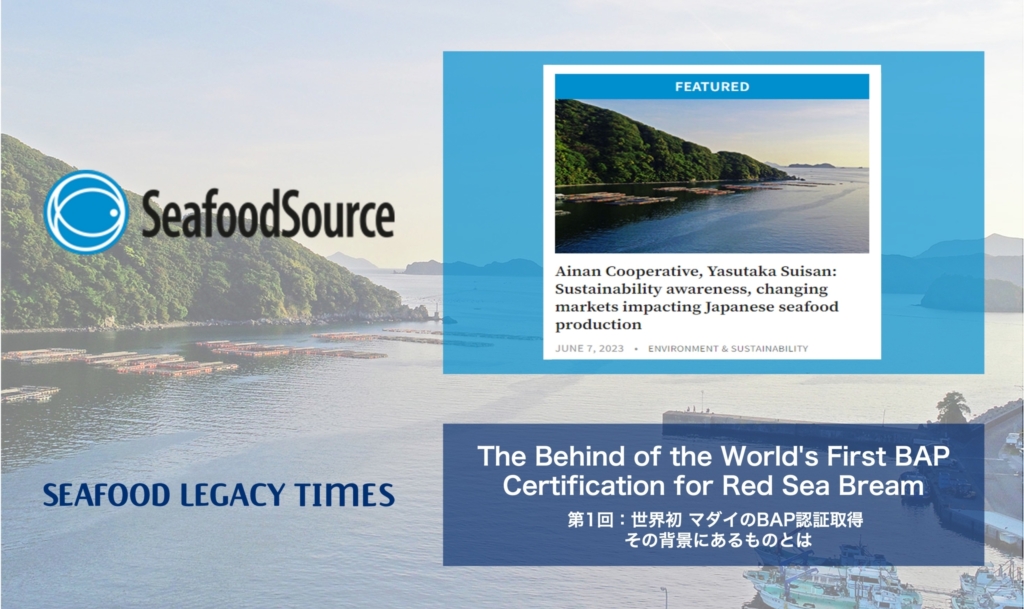

1_修正524-1024x606.png)


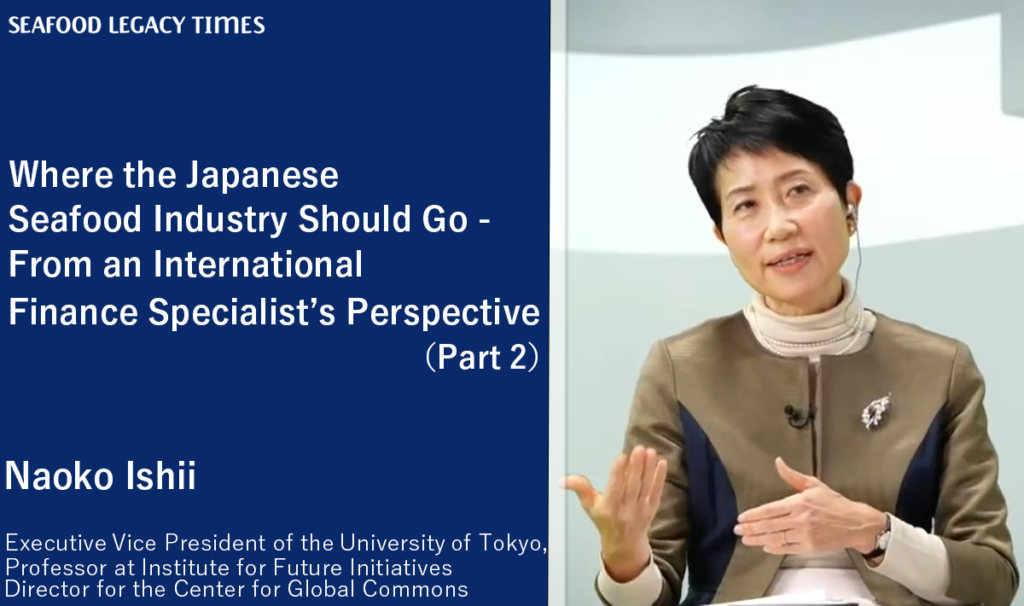







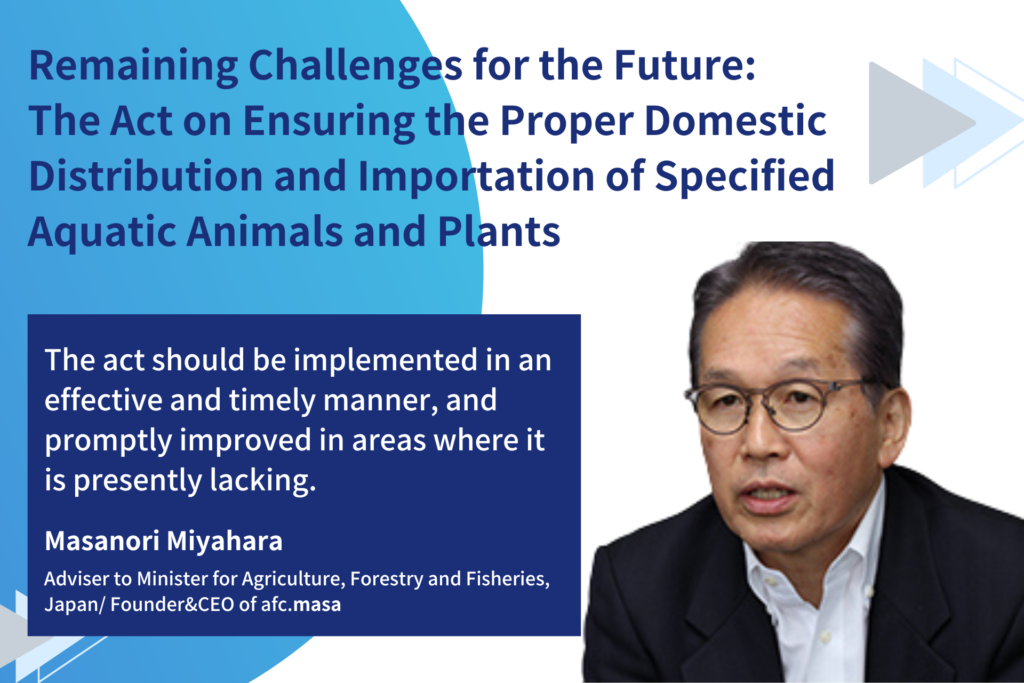
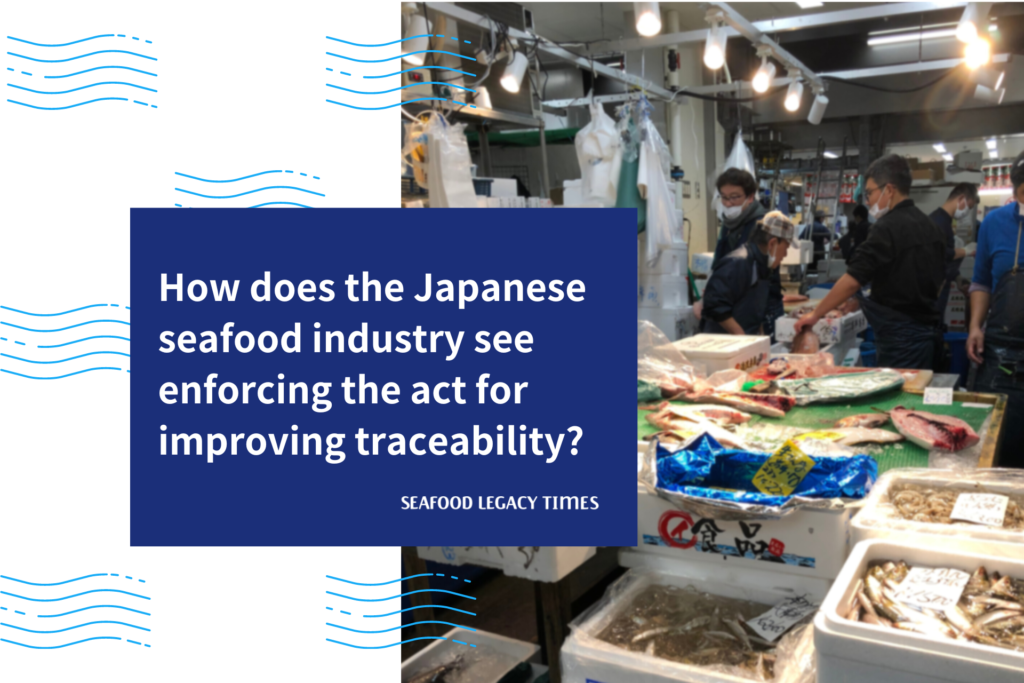



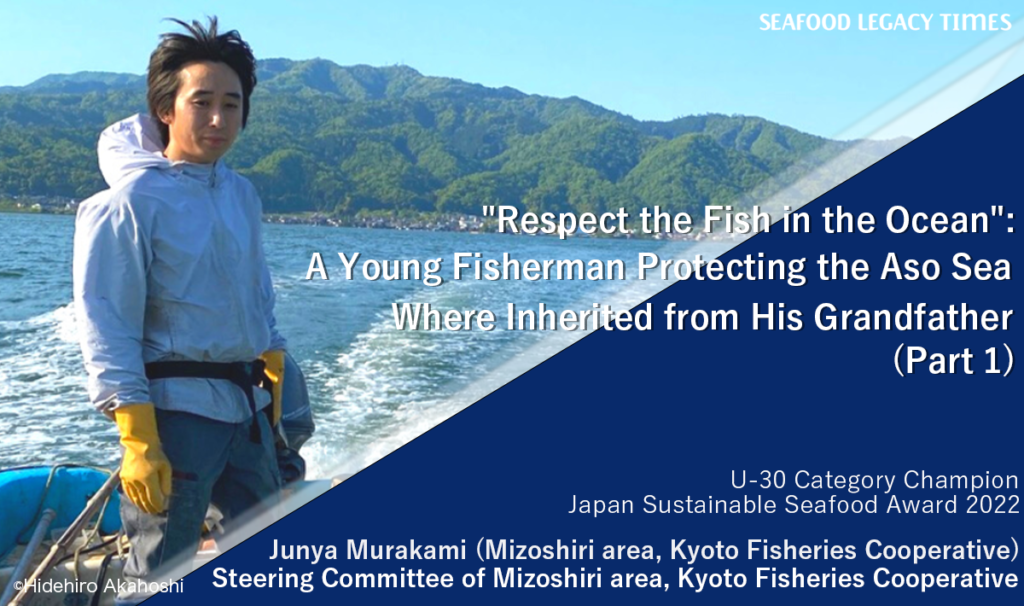
.2-1024x606.png)
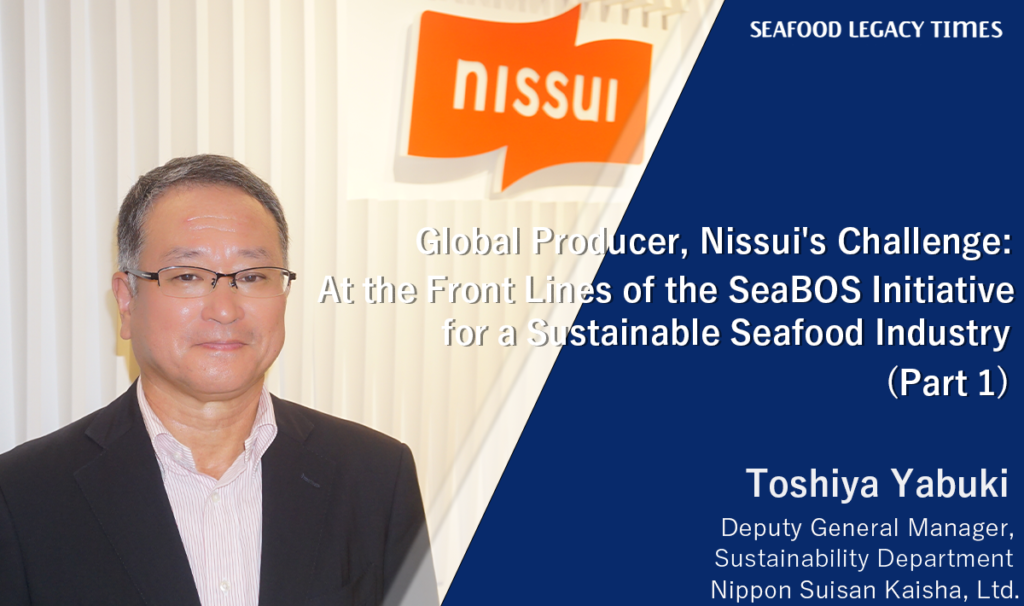
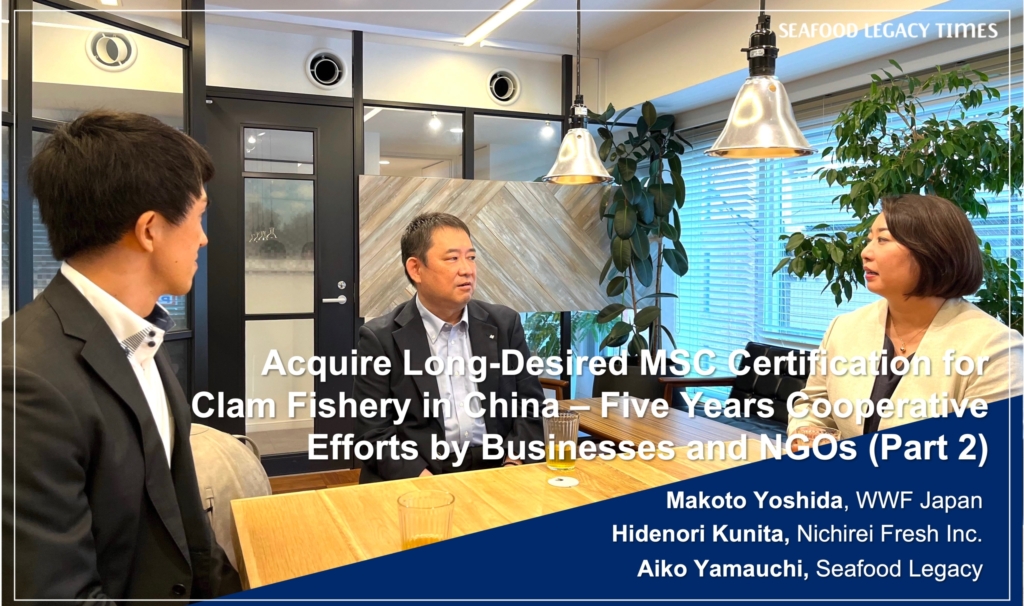
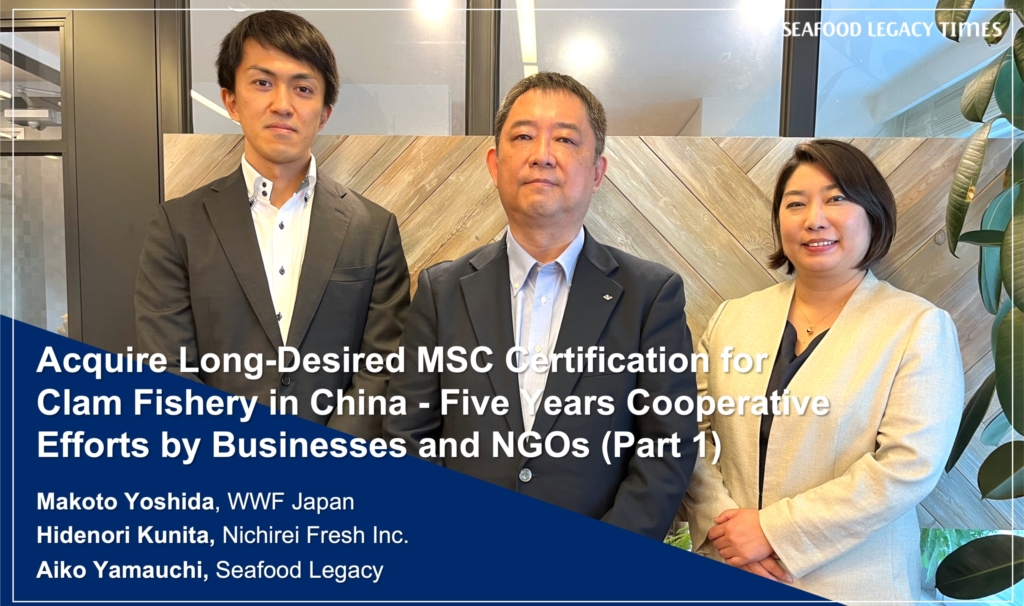






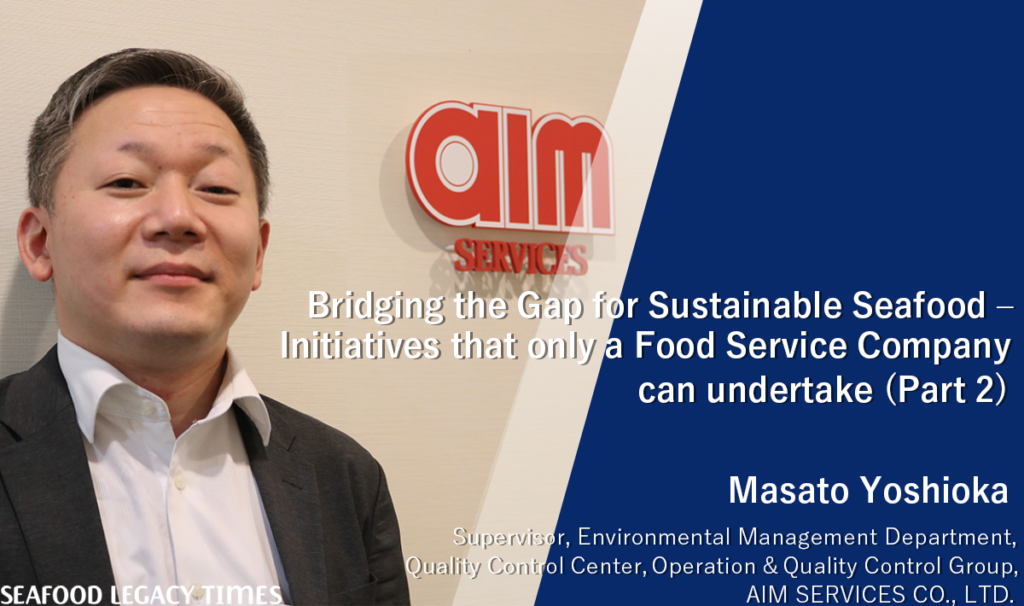
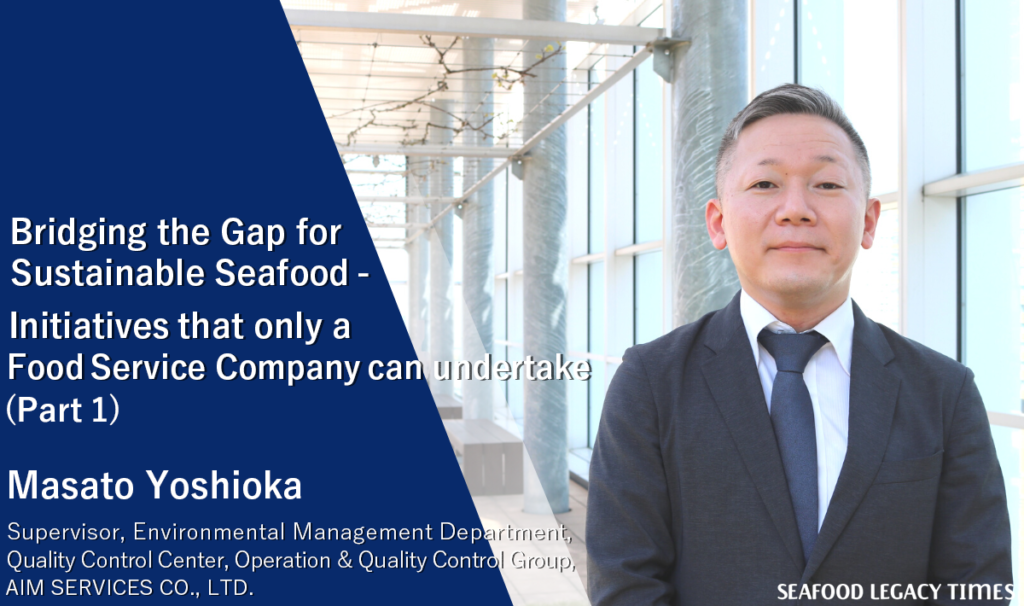
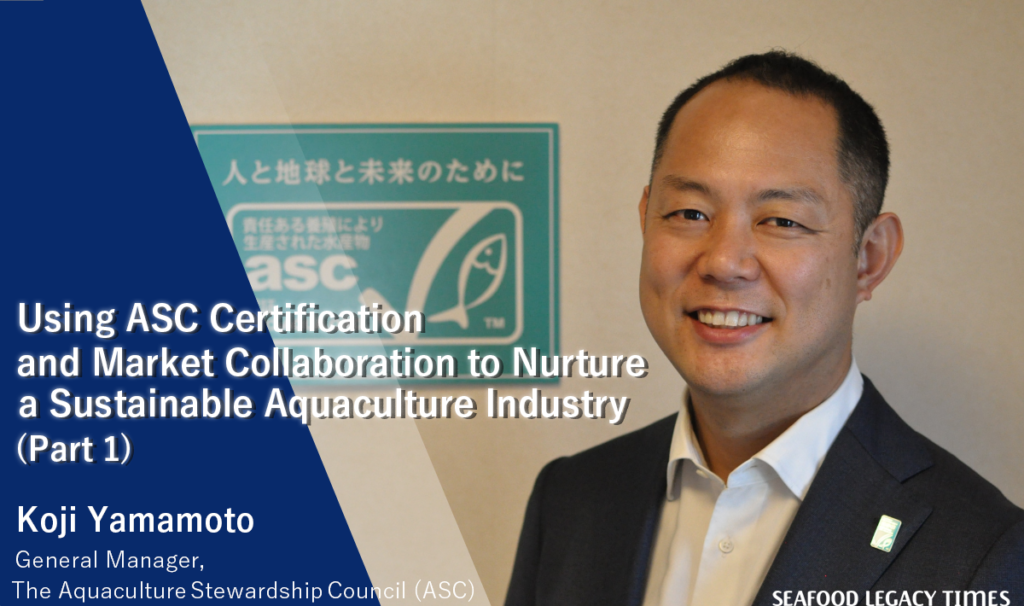
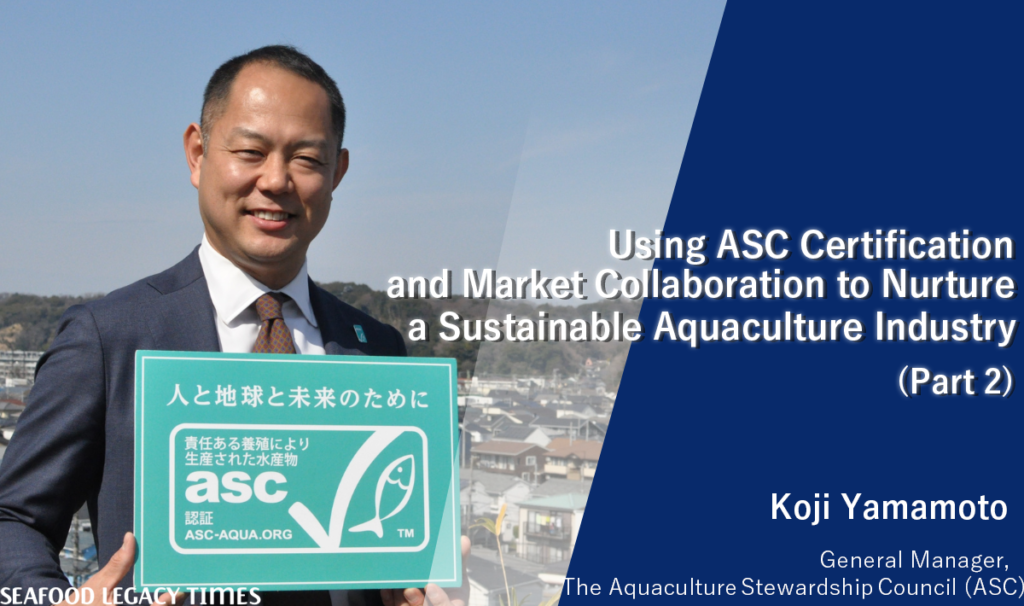
2-1024x606.png)
-1-1024x606.png)
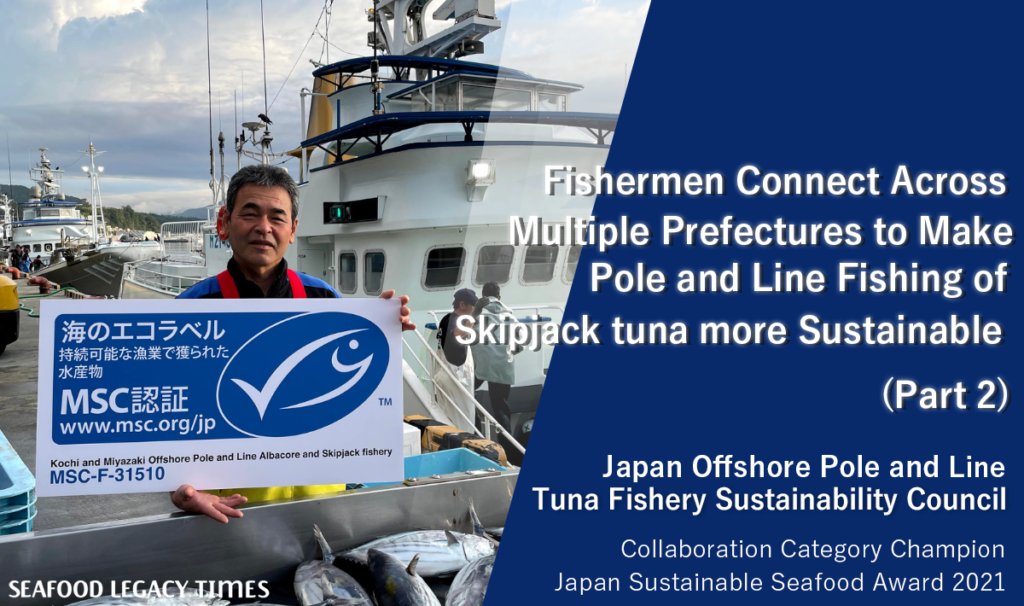
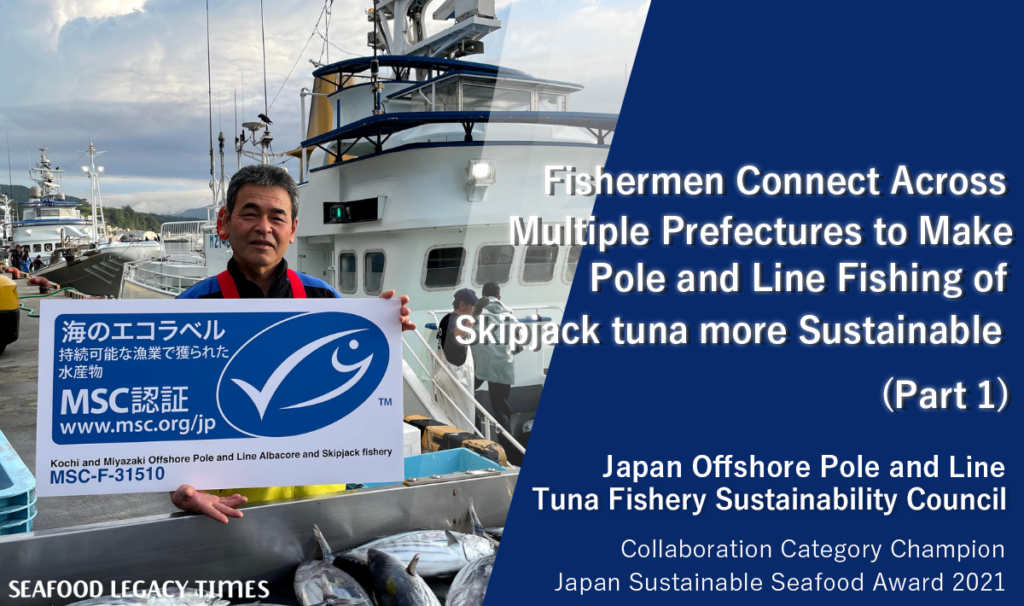
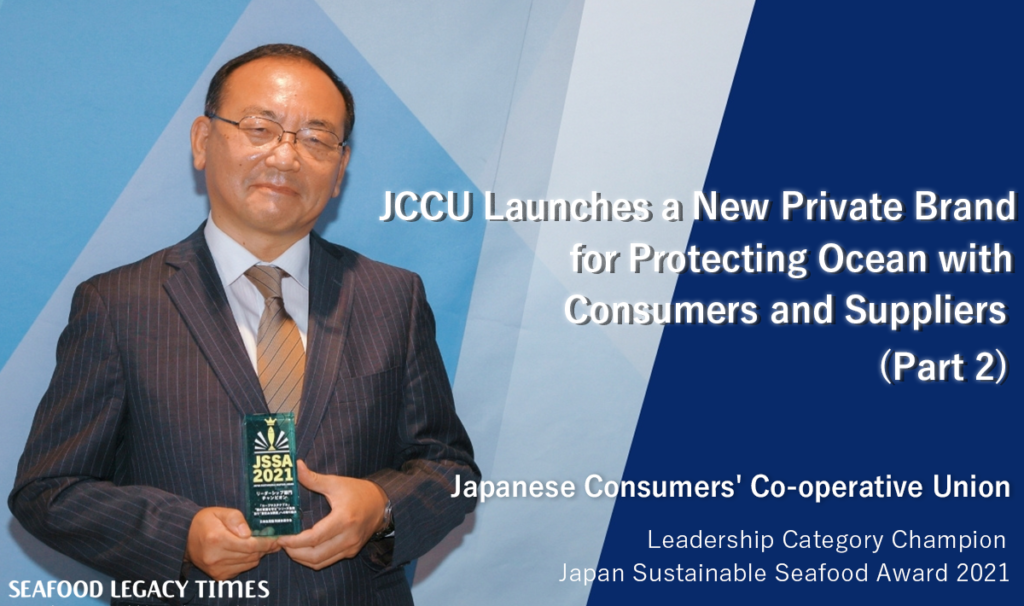
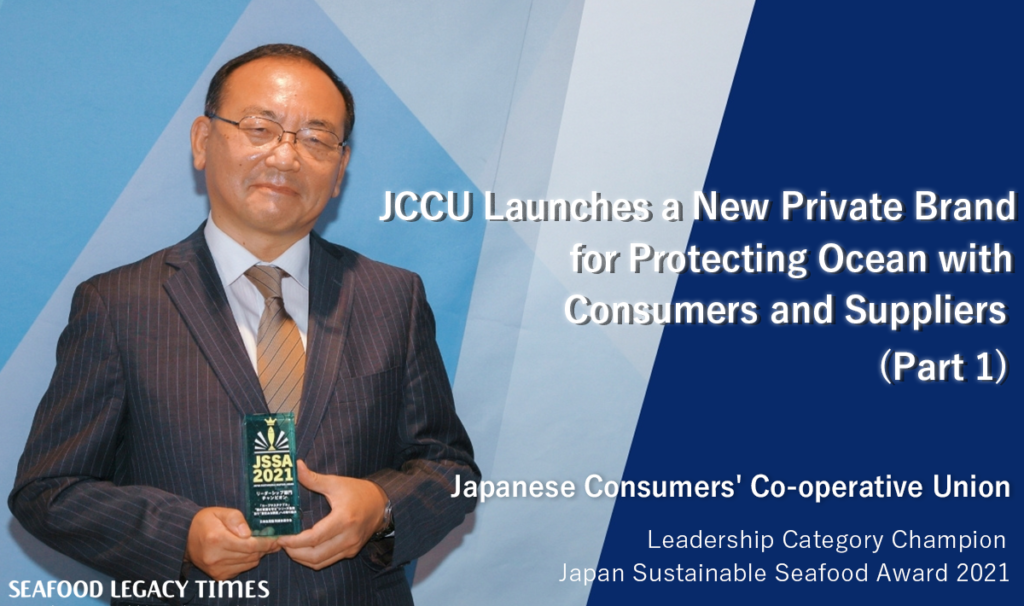
Part2-1024x606.png)
Part1-1024x606.png)
